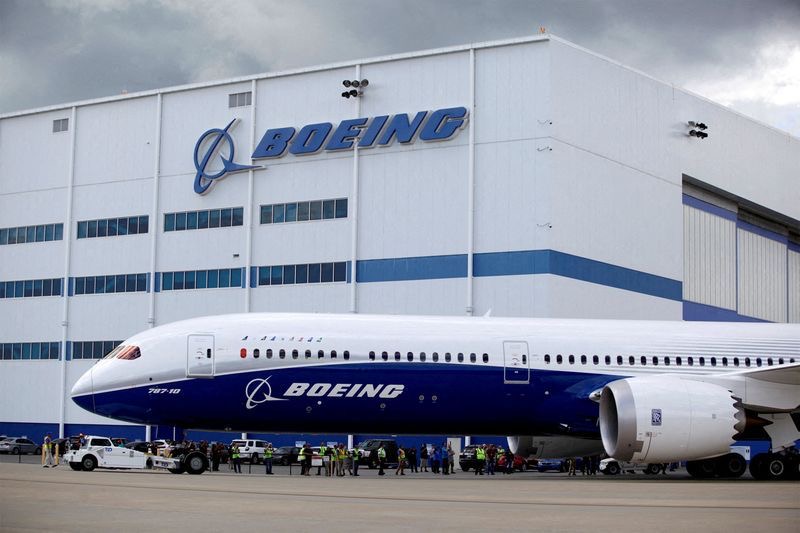Boeing and the workers’ union, representing their machinists, have created a new contract agreement. This new agreement might end a strike that has lasted over a month and slowed down Boeing airplane production. The workers are poised to decide whether to accept the proposed contract.
New Contract Proposal Reached Between Boeing and Union
Boeing and the union representing its machinists have reached a new contract proposal. The new contract offer includes some significant changes for the workers. Over the next four years, their wages will go up by 35%, meaning they will make more money.
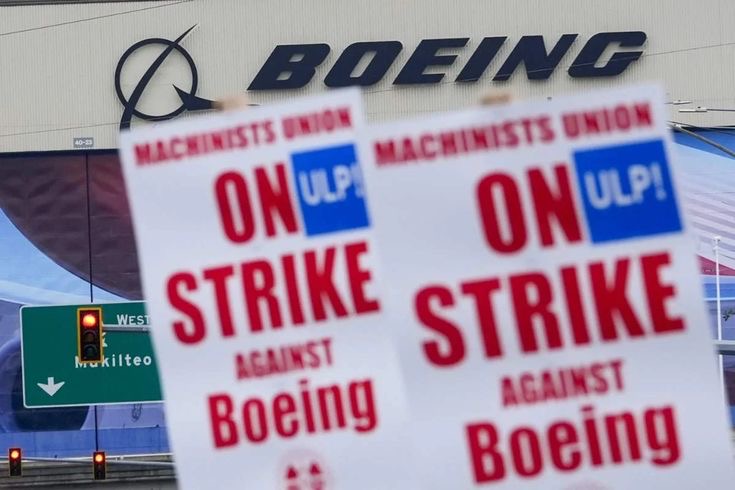
They will also get a higher signing bonus of $7,000 just for agreeing to the deal. There is also a program that gives them a yearly bonus, and this contract guarantees a minimum amount of money they will get from that. Finally, Boeing will also be putting more money into their 401(k) plans, which are like savings accounts for when they retire. There are other changes, too, but these are the main ones.
The strike, which began after negotiations were delayed, has significantly affected the ability to produce aircraft on schedule. The new proposal, announced by the union, offers a solution to the dispute that led to the strike.
ALSO READ: Boeing Halts 777X Aircraft Tests After Discovering Damage to Jet Structure
Key Terms of the New Proposal
Although the exact details of the new contract have not yet been fully shared, the union hopes that it will fix essential issues like wages, benefits, and working conditions, which are the main reasons the workers went on strike.
The machinists who help build Boeing’s planes demand better pay and benefits that match their work effort. Now, it is up to the workers to decide whether they agree with the contract.
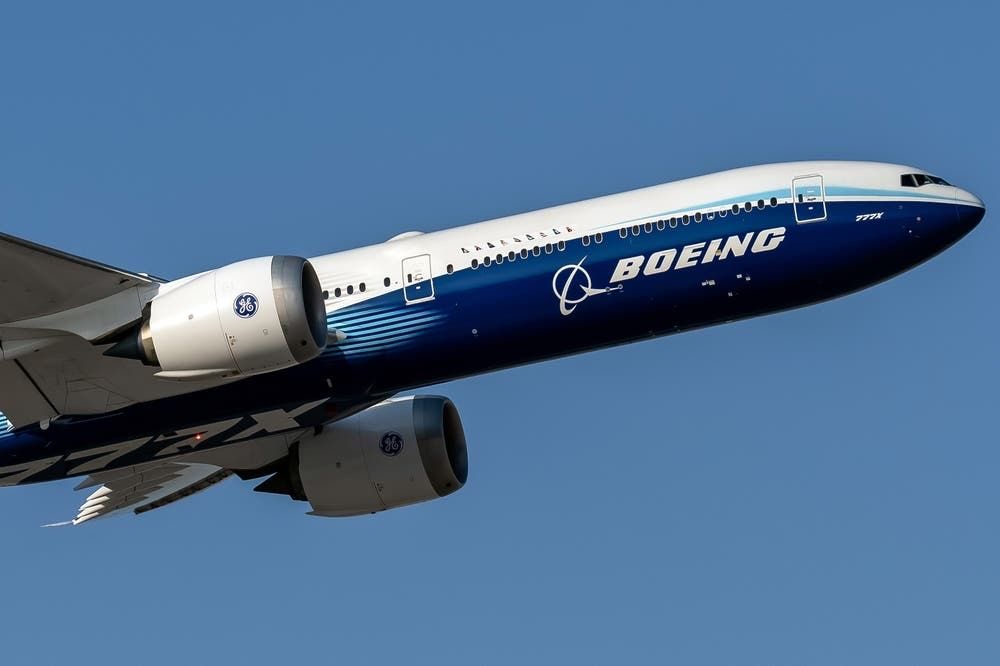
They will be voting to make this decision. If most of them agree with the contract, the strike will end. Boeing will then be able to return to making planes and catching up on lost time.
However, if they disagree, the strike will continue, making it harder for the aircraft company to run smoothly and for the workers to keep making money. This new contract is an essential step towards solving the problem, and both Boeing and the union hope for a solution that will work well for everyone involved.
ALSO READ: Boeing’s New Outsider CEO Ortberg Assumes Leadership: He Is Starting on the Factory Floor
Union and Secretary of Labor’s Role in Negotiations
The acting U.S. Secretary of Labor, Julie Su, met with Boeing and the union earlier this week. Her goal was to help them devise a solution to end the strike. The union, representing the workers, made a statement concerning the Secretary of Labor’s involvement. They said that thanks to her help, they now have a new contract proposal that could stop the strike, and they think it is a good idea to share it with the workers so they can vote on it.

The union representing Boeing’s machinists played a significant role in the negotiations to end the strike. Throughout the talk, the unions stood firm on securing better terms for their members, including improvements in wages, benefits, and job security. The union leadership actively engaged with Boeing to ensure the demands were heard. They also kept their members informed about the progress of the negotiations.
The strong representation was crucial in maintaining solidarity among the workers during the strike; they trusted the union to fight for a fair deal. The Secretary of Labor had a significant role in the negotiations.
Julie Su acted as an intermediary between the union and Boeing. She facilitated discussions, ensuring that both sides focused on reaching an agreement. This involvement was vital because it helped both parties move the negotiations forward, especially when talks seemed to be delayed.
The White House also shared a statement explaining that President Biden believes it is essential for workers and companies to discuss issues and reach agreements. However, the union workers make the final decision on whether to accept the contract.
The government’s participation highlighted the strike’s importance not only to Boeing and its workers but also to the economy at large, as Boeing is a significant player in the aviation industry.
Boeing’s Financial Challenges Amidst Machinists’ Strike
Boeing is facing severe financial challenges amidst the strike. The strike has lasted for over a month, reducing the company’s ability to make aircraft. Normally, Boeing needs to build a lot of planes to keep up with customer orders and continue making money. However, since the workers were on strike, production stopped, which automatically meant they could not deliver planes on time.
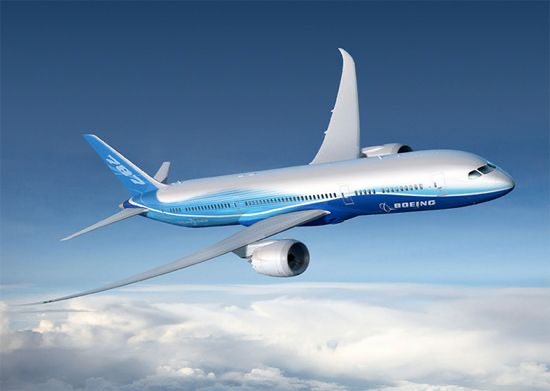
This delay could result in losing contracts with customers or paying fines for being late, worsening Boeing’s financial situation. Boeing is also spending more money, as the strike came when the company was still trying to recover from past financial troubles caused by the COVID-19 pandemic.
Some of Boeing’s past financial troubles also occurred due to the issues with 737 Max planes. Boeing had significant problems with its 737 Max airplanes after two serious crashes in 2018 and 2019. The first crash was Lion Air Flight 610, and the second was Ethiopian Airlines Flight 302.
Sadly, both accidents resulted in the deaths of 346 people. Investigations into these crashes found that the Maneuvering Characteristics Augmentation System (MCAS) was malfunctioning. This malfunction played a role in both accidents.
Because of these crashes, the 737 Max planes were grounded. This means they were not allowed to fly anywhere for almost two years. During this time, Boeing worked hard to fix the software issues with the MCAS and make the planes safer. This grounding caused Boeing to lose a lot of money. It also hurt people’s trust in the safety of their airplanes.
In addition, Boeing faced lawsuits and scrutiny from government regulators. They also faced investigations into how they handled safety and their company culture. Eventually, the 737 Max could fly again in late 2020. However, the crashes and the following problems had a long-lasting effect on Boeing’s reputation and business.
All in all, the machinists’ strike has added extra stress to Boeing, especially their finances. They need to settle things quickly to get back to making airplanes and improve their financial situation.
Job Cuts and Production Plans Announced by Boeing
Amidst the ongoing strike, Kelly Otberg, Boeing’s new CEO, appointed in August 2024, announced that the aircraft company would cut about 10% of its workforce, which means many employees will lose their jobs.
He also stated that the company will stop making the 767 airplane model once they complete their orders, which will happen in 2027. This decision is part of his plan to help the company become more efficient and thriving in the future.
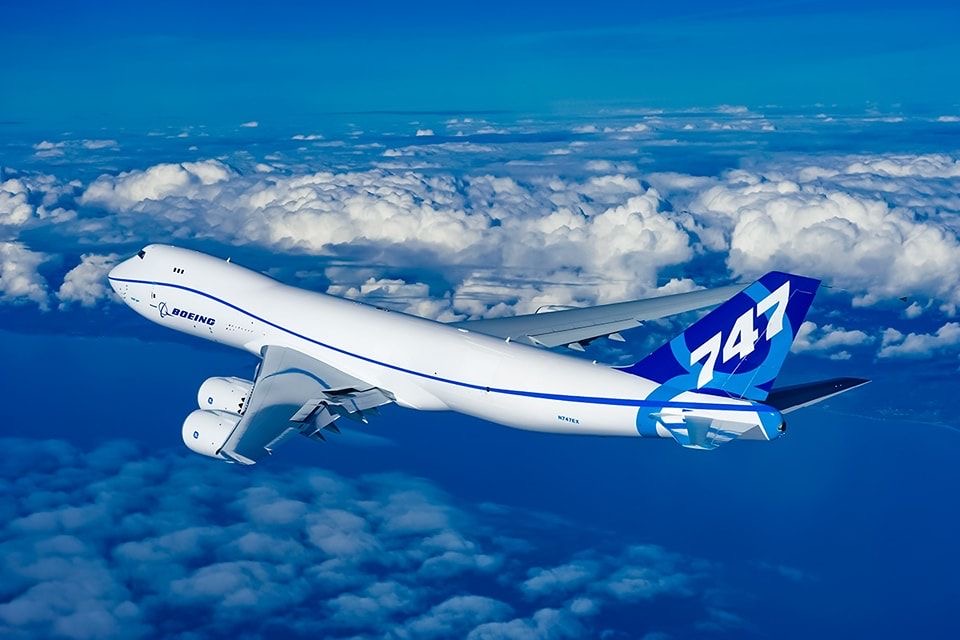
These changes are happening because the company is facing some difficulties. Some of these difficulties include problems with getting supplies and changes in the number of planes people want to buy.
To address these issues, Boeing has decided to cut jobs in different parts of the company. Although they have not said exactly how many jobs will be lost, this step is part of a larger plan to save money and ensure the company’s continued success.
Apart from cutting jobs, the aircraft company also plans to take other measures. They want to change the number of planes they produce and make more of the famous and in-demand airplane models. The company will, however, make fewer of those that are not so popular. This strategy will help them use their resources more wisely and keep the company financially healthy during these uncertain times.
Boeing’s announcements about job cuts and changes in production reflect something vital. It shows that the company is trying to adapt to the current market situation. Even with the challenges, they want to ensure their continuation and success in the airplane industry.
The aircraft company also announced a significant loss. Boeing took a financial hit of about $5 billion in its commercial and defense divisions.
Boeing Machinists Strike History
The Boeing machinist’s strike started on September 13, 2023, when more than 30,000 workers decided to stop working. They play a crucial role in the airline industry by making airplanes. The machinists went on strike after rejecting a temporary agreement with Boeing.
This agreement offered them a 25% pay increase over four years. However, many workers thought this raise was insufficient to keep up with the rising cost of living and did not match their hard work.
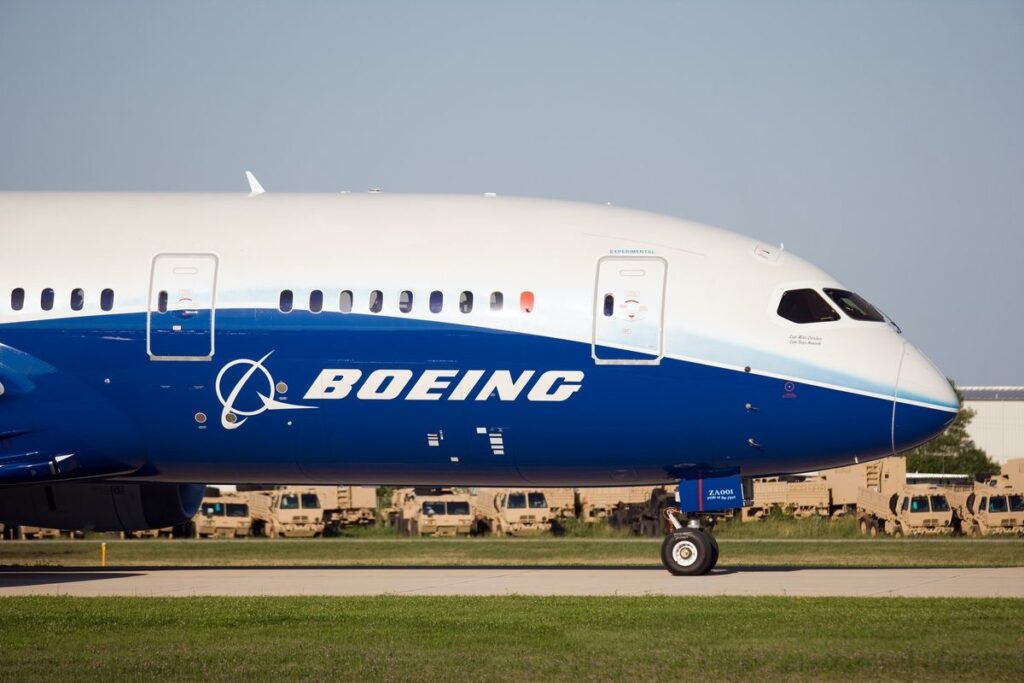
After the strike began, Boeing tried to make a better offer to convince the machinists to return to their jobs. However, the union representing the machinists rejected this new offer. They argued that the company did not adequately discuss the changes with them and that the proposal still did not meet their needs.
The machinists are fighting for higher pay, better working conditions, and job security. This situation shows a more significant trend: workers increasingly stand up for their rights and demand fair treatment.
As the strike went on, Boeing and the machinists felt pressure to agree. The strike’s outcome will affect the workers, the company, the entire aerospace industry, and the economy. This situation highlights the struggle between workers who want fair pay and companies trying to manage their expenses.

